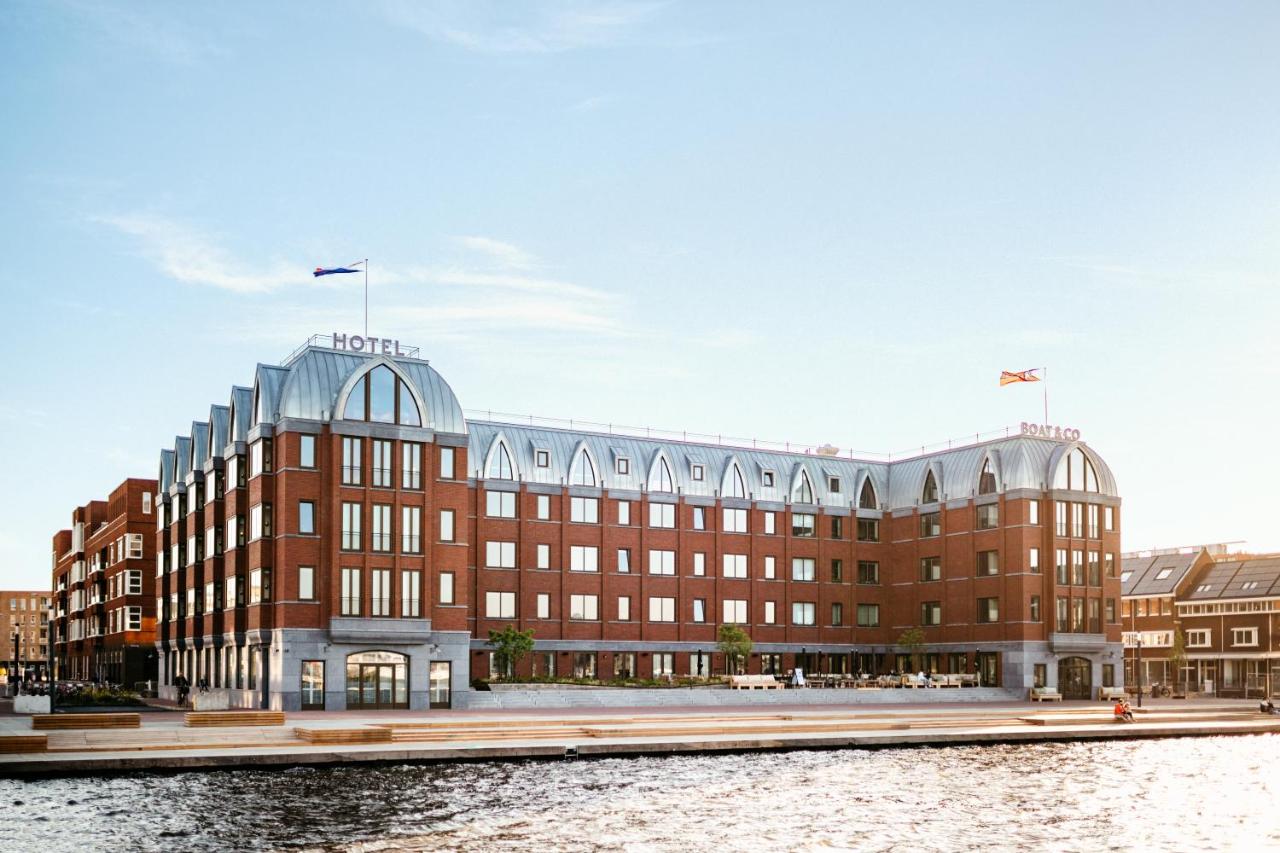Amsterdam-based hotel group The July partnered with Xomnia to design and create its data architecture from scratch. Our collaboration resulted in a data lake house where relevant data from The July’s software systems and administrative datasets are collected, curated and subsequently linked to Power BI dashboards. Using the dashboards, different stakeholders at The July can view, understand and utilize their data and make decisions based on it.
Following this collaboration, the hotel group has the necessary infrastructure to operate in a more data-driven way, optimizing and expediting its decision making process. For example, The July can better understand the factors that affect and boost its Net Revenue Per Available Room (Net RevPAR), a metric that refers to the revenue generated per room minus any costs associated with distributing the room.
The hotel group aims to continue to collaborate with Xomnia in the future to introduce data from more sources.
"Thanks to Xomnia, we now have real-time access to data from various operational platforms to support our decision-making." - Carlos van den Burg, Business & Project Controller at The July
Challenge
The July manages three hotels in Amsterdam and is developing three others internationally. They were interested in defining the best way to make use of the various data that they collect. This proved to be a challenge, however, since their data was stored in different silos that were not linked to each other, resulting in multiple versions of data that coexisted. Moreover, there was a general lack of technical know-how at the client’s team.
The client initially approached Xomnia to build a data platform to gather their different data sources centrally, such as performance, operations, and financial data. They needed this platform to create a better understanding of how to optimize their operations and make data-driven, strategic decisions.
Solution
Our Analytics Translator Lisanne Rijnveld started by helping the client to clearly define the use cases that they want to solve. To define their data value proposition, she assisted them in:
- Identifying the data opportunities within The July,
- translating those opportunities into data use cases that can be solved, and
- doing a value estimation to predict the desired outcome from those uses cases financially and in terms of the company culture.
The resulting use case aimed to enable The July to track a number of key metrics. This included Net RevPAR, in addition to other metrics related to profitability of different business segments and personnel cost control.
The hotel group was already tracking some relevant metrics, but the process was manual, with data spread across different systems. This was time-consuming and prone to error. Consequently, the next challenge was consolidating all the needed information onto a single platform to facilitate automated, cost-effective and frequent updates.
Our Data Engineer Bas Hendrikse designed and created a data architecture from scratch in Azure based on the client’s needs. Following research about the industry’s best practices, Bas set up a data lake house on Azure, writing processing scripts in Spark and setting up a Logical Data Warehouse using Azure Synapse Analytics.
Our Machine Learning Engineer Andrii Grygoryshyn built on this by adding a number of ELT pipelines. These pipelines automatically extract data from different system APIs and load it into the data lake on an hourly basis. This includes data on:
- Bookings: reservations, orders, payments, etc.
- Operational staff: planned shifts, absences, etc.
- F&B services: restaurant tables occupancy status throughout the day.
This data serves as the basis for metric computation. To help stakeholders at The July make use of all this data easily, the data lake is connected to Power BI dashboards, which are used by the client’s data analysts to create the right insights and visuals from data to optimize its decision making process. Among the predicted effects of the platform is, for instance, saving the time spent to conduct repetitive tasks related to moving or cleaning data.
Impact
Our collaboration with The July has helped them establish a more data-driven culture, with clearly defined expectations regarding the role of data within the organization. The use case of focus for this project is a stepping stone to pick up more use cases with different datasets describing the organization.
By being able to fully access data from different systems, the hotel group will better track key metrics, enabling more informed operational and strategic decisions. This capability not only optimizes current operations but also prepares The July for its international expansion.


